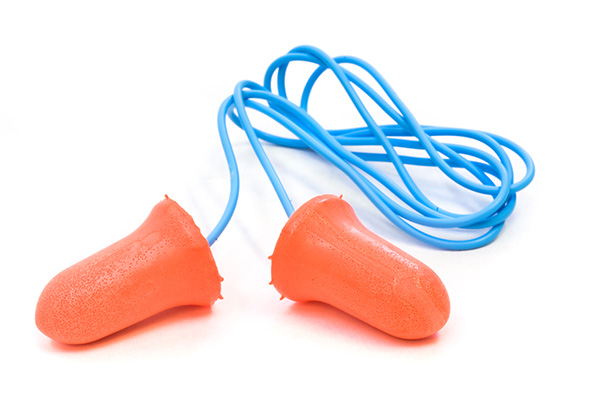3 Signs That You Are Wearing an Ill-fitting Hearing Aid
Manufacturers design most hearing aids to provide a bespoke fit for the


Manufacturers design most hearing aids to provide a bespoke fit for the

Many people, including some professionals, associate hearing loss with

If you believe that you have hearing loss, you may have considered whether